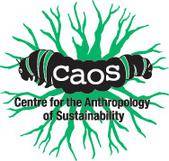Our research focuses on the philosophies, cosmologies and new forms of relations concerned with sustainability.

Projects
Extreme Citizen Science (ExCiteS).
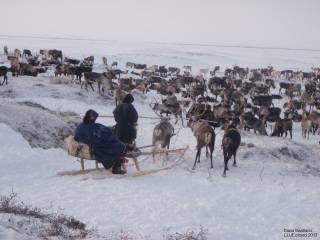
Citizen Science is hardly a new concept, but during the last decade it has seen a rise in both academic and popular interest for the topic. This trend is in part driven by an increased interest for open paradigms, as well as, Information Communication Technology (ICT) innovations such as smartphones, mobile Internet and cloud computing. This has given rise to the emergence of a growing and highly diverse crop of new – and often innovative – initiatives that are being, or could be, labelled as Citizen Science.
Whilst there are often big differences between projects, for instance when it comes to power relations – “Who is working for who?” – or the determination of goals and outcomes – “Who is solving whose problems?” – there is hope that, at the very least, this rediscovery of citizen science might lead to a renewed mutual interest, and perhaps understanding, between scientists and the general public.
Most citizen science initiatives are set in affluent areas of the world, and by and large they target an educated, or at least literate, public. Extreme Citizen Science aspires to extend the reach and potential of citizen science beyond this restricted context.
Researchers
Prof David Napier
As Director of the University College London Science, Medicine, and Society Network, Prof. Napier's interests focus on new and emerging problems that require cross-disciplinary engagement. In
addition, he has worked for some two decades of mentored learning in the areas of health, the environment, and culture - both at the level of policy-relevant publishing, and at the level of student engagement. As Director of the UCL Centre for Applied Global Citizenship, Prof. Napier has been privileged to witness the successful community-based work of more than 400 engaged student research projects. His view of CAOS is that it represents not only what is much needed in making education relevant, but the right platform for reshaping the relationship between the university and the society in which it exists and flourishes.
Prof Daniel Miller
Prof. Daniel Miller is responsible for a five years research project (www.gsmis.org) looking at the impact of social media and new communication technologies in eight countries funded by the ERC. The project is well aware that digital technogies and new media impact on almost every aspect of modern life creating changes in areas as distinct as transport and waste. They are therefore likely to become an integral part of plans for sustainability in the future.
Dr Kaori O’Connor
Dr O’Connor, in collaboration with UCL Chemistry and UCL Chemical Engineering, is researching the effects of cleaning on sustainability in private and public spaces and the eco-environment as a whole, focusing on new materials in their social contexts. The work is supported by a grant from the Institute of Making. Other current research includes research into marine sustainability focussing on shellfish and on seaweed and algae products, both separately and as interrelated ecosystems, and their related commodity chains, consumption and issues of social sustainability and stewardship (Intercultural Communication for Sustainable Resources Research Catalyst Grant 2014). She also works on food sustainability.
Dr Beata Switek
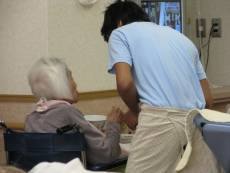
Building on this research, she is currently developing a project probing into the relationship between population ageing and national ideologies.
Dr Switek’s other research interest is in the role of formal and informal education in promoting engagement among young people. Through her ongoing project she is exploring the processes through which adventure sports provide young people with productive spaces of autonomous exploration and imaginative engagement with the environing world.
Dr Emily Woodhouse
Dr Woodhouse is interested in understanding the cultural, institutional and livelihood dimensions of human-environment relationships with the aim of informing socially just conservation approaches. She is currently a Postdoctoral Research Associate working on the ESRC-DFID funded project ‘Measuring complex outcomes of environment and development interventions’ http://www.iccs.org.uk/measuring-complex-outcomes-of-environment-and-dev... - a collaboration between UCL, the Wildlife Conservation Society, and Imperial College London. The project aims to improve the implementation of policies in the environment-development sector based on better evaluation of impacts on human wellbeing, and is centred around case studies in Northern Tanzania and Cambodia.
Ellen Potts

Cathryn Townsend
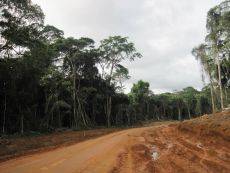
Gill Conquest
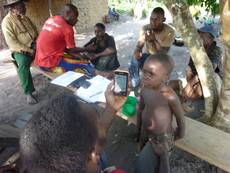
Saffron Woodcraft

Killian Doherty
Killian Doherty's research interests lie within post-conflict redevelopment processes of built environments with reference to Rwanda. He is interested in how visions of modernity are derived from the discourse of development and how this manifests in the production of architectural aesthetics. Within Rwanda's national redevelopment plan, aesthetic and spatial doctrines that have become intertwined with class and ethnicity deny indigenous communities from access to natural resources and threaten established practices and livelihoods. This research will explore design methodologies that attempt to 'open up spaces for non-western peoples and their concerns'.
 Close
Close


